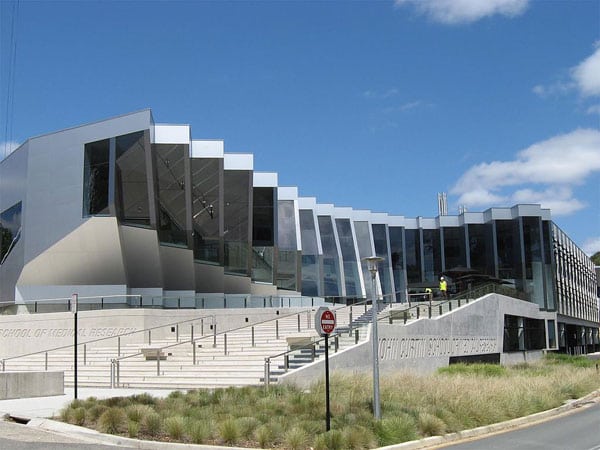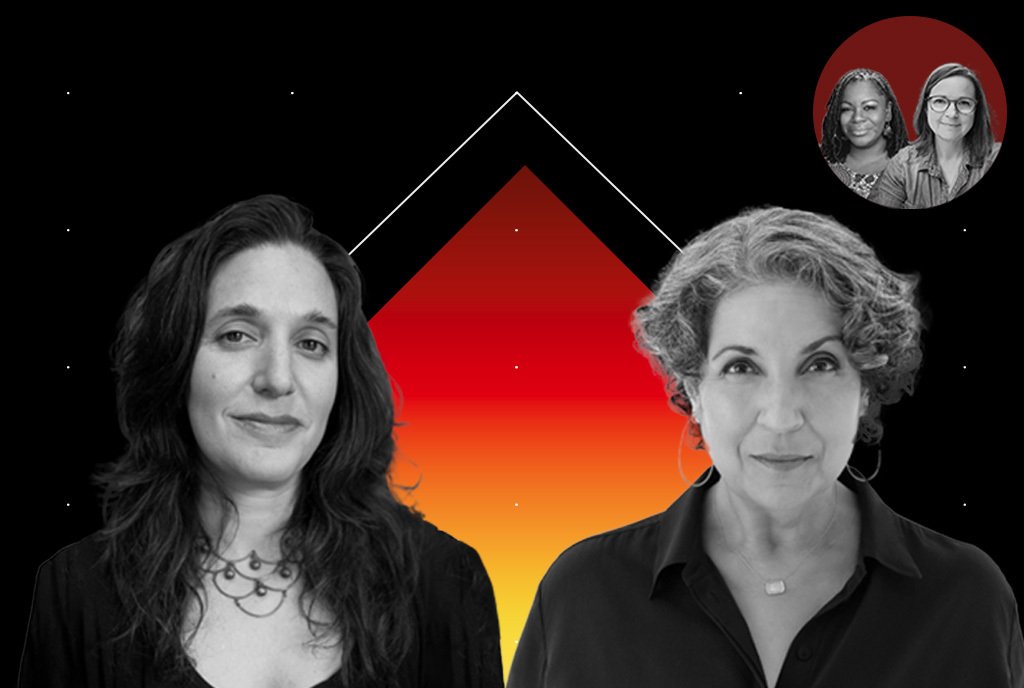
June 13, 2018; Times Higher Education
Australian National University, perhaps the most prestigious school on the continent, has recently found itself in the middle of the ideological debate happening in countries all over the world. They had considered a partnership with the Ramsay Centre for Western Civilisation that would have provided over A$10 million (about US $7.5 million) to run a course in Western civilization but decided against it due to concerns about academic freedom, according to vice-chancellor and president Brian Schmidt.
In an op-ed for the Sydney Morning Herald, Schmidt wrote, “The prospective donor sought a level of influence over our curriculum and staffing that went beyond what any other donor has been granted, and was inconsistent with academic autonomy.”
Conservative critics, however, opined that Schmidt had “kowtowed to activist academics,” according to John Ross of the Times Higher Education, because the Ramsay Centre is a conservative think tank. (Do they perhaps mean “listened to their stakeholders”?)
Academics had indeed expressed concern over the Ramsay Centre’s presence on campus. National Tertiary Education Union ANU Branch President Matthew King published an open letter to Schmidt, expressing concern about both the “narrow, radically conservative program [that would] demonstrate and promulgate the alleged superiority of Western culture and civilization,” and the undue influence over university decisions that Schmidt cited as a concern.
The manner of teaching of Western Civilization courses is a point of contention in both Australian and US education systems. Such courses often place Western thought as the foundation upon which the modern world is built, ignoring systems and developments that emerged from other cultures.
Catharine Coleborne, Dean of Arts and Head of School Humanities and Social Science at the University of Newcastle, wrote soon after the Ramsay Centre launched in 2017, “The Ramsay Centre announcement suggests a return to retrograde understandings of the arts at a time when we should be expanding our sense of the humanities.…Such hierarchies of thought tend to inscribe inequalities between groups and peoples.”
US educators are fighting this battle in high school education, where the College Board recently decided to lop everything prior to 1450 off its AP World History course, effectively eliminating precolonial histories of nonwhite peoples. Sameer Rao quotes Oakland-based educator Amanda DoAmaral, “You cannot tell my Black and Brown students that their history is not going to be tested and then assume that isn’t going to matter.”
Sign up for our free newsletters
Subscribe to NPQ's newsletters to have our top stories delivered directly to your inbox.
By signing up, you agree to our privacy policy and terms of use, and to receive messages from NPQ and our partners.
The Ramsay Centre has shopped its offer around to 15 universities so far, all of whom have rejected the partnership.
Schmidt maintains that despite the controversy he has stirred up around the teaching of Western Civ, as it’s commonly known, “the decision at our end has nothing to do with the subject matter…the donor sought a level of influence over our curriculum and staffing that went beyond any existing arrangements we have.”
US institutions have also dealt with this problem; Harvard’s Kennedy School has consistently maintained that large donations from the Koch brothers do not “unduly” influence academic decisions, but George Mason University, which also accepts large grants from the Kochs, has allowed donor input on faculty hiring and evaluations.
Paul Dunn wrote for NPQ in 2010 that a nonprofit’s decision to distance itself from a donor should be based on value incongruence, coalescence, and visibility. That is, the degree of closeness between a nonprofit’s values and those demonstrated by a donor; the degree to which those values are related to the nonprofit’s mission; and the degree to which that incongruence is publicly visible and therefore damaging to the nonprofit’s reputation.
What Schmidt refuses to say is that the values of the Ramsay Centre are incongruent with those of ANU, but the issue has become highly visible despite his efforts to paint it as non-controversial. Australian Prime Minister Malcolm Turnbull himself now wants to question Schmidt; he told Sherry Groch of the Sydney Morning Herald, “I find it very hard to understand why that proposal from the Ramsay Foundation would not have been accepted with enthusiasm.” Two former prime ministers form part of the Ramsay Centre’s team, which might be a motivating factor.
Simon Haines, president of the Ramsay Centre, tried to argue that if universities keep rejecting donors, they will find themselves in need of funding.
John Warhurst, Emeritus Professor of Political Science at the Australian National University, also expressed concern about university funding in an op-ed in the Sydney Morning Herald, as well as general concern about university decision methods. He expressed concern about the reliance of universities on funding sources such as donors or international governments, and how they might seek to wield influence over academic decisions. He argued for government and other stakeholders not affiliated with the university to remove themselves from its decision-making process.—Erin Rubin












